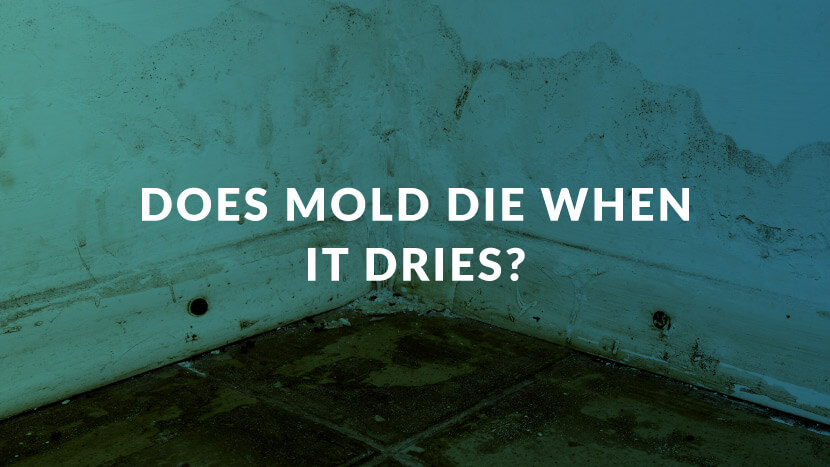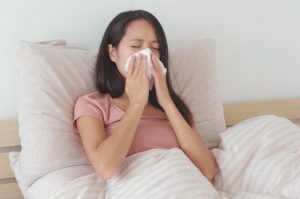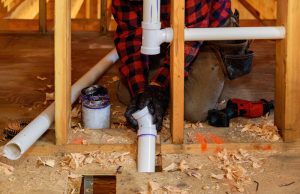
Does Mold Die When it Dries Out?
Since mold needs moisture to grow, it begs the question, does mold die when it dries out? Mold can be a threat to your health and the integrity of your home if it is left unchecked. We’re here to investigate the age-old question and why many believe it is true. As mold remediation experts, we reveal the truth of whether mold dies when it dries out and how it affects your health and home.
If you find mold in your home, whether dry or not, contact CLEAR Restoration. Our mold remediation specialists are experienced in removing all types of molds and restoring your property. Call us at 225-245-3575 and ask about our mold removal and abatement services.
What Causes Mold to Grow?
Before understanding why mold dying after it dries out is a common belief, it is important to know how and why mold grows in the first place. Mold thrives when it is in a moist and warm environment. Plenty of places in your home can fuel mold growth, such as your attic, bathroom, crawl space, kitchen, and laundry room. As long as an area has high humidity and warmth, it is a target for mold spores to grow.
[Related: Common Causes of Mold]
Does Mold Die When it Dries Out: What Happens to Dry Mold?
Knowing mold needs moisture to grow, it would make sense that mold would die if it dries out, right? Well, that is not exactly the case.
 When mold lacks moisture, growth stops, but it doesn’t die. Dry mold can still be dangerous as well. Dry mold spores can become airborne if they are agitated due to air circulation in your home or disturbing a dry mold colony by cleaning it. Despite being inactive, mold can still cause health problems, such as:
When mold lacks moisture, growth stops, but it doesn’t die. Dry mold can still be dangerous as well. Dry mold spores can become airborne if they are agitated due to air circulation in your home or disturbing a dry mold colony by cleaning it. Despite being inactive, mold can still cause health problems, such as:
- Respiratory issues
- Allergic reactions
- Itchy red eyes
- Runny nose
- Coughing
- Skin rashes
Dry mold will become active again once high levels of moisture or humidity are present in the area. Mold will continue to grow and multiply rapidly, which could intensify allergic reactions and other unfavorable symptoms.
To put it simply, the answer to the question of “does mold die when it dries out,” is no.
Some mold spores can remain dormant for years in the right conditions, so it is better to take care of the problem and create a mold-free environment in your home. Contact a reliable and trustworthy mold remediation company when you notice mold growth in your home so they can remove mold quickly and efficiently.
Prevent Mold from Growing Since Mold Doesn’t Die When It Dries Out
 Since humidity and moisture are the main factors in mold growth in your home, you’ll want to control your home’s humidity and moisture levels. You can do this by:
Since humidity and moisture are the main factors in mold growth in your home, you’ll want to control your home’s humidity and moisture levels. You can do this by:
- Drying leaks or spills immediately after identifying them in your home.
- Using a dehumidifier to maintain a humidity level of 30%-50%.
- Identifying any leaks or damages in your ceiling, pipes, and appliances and repairing them.
- Addressing areas of poor ventilation in your home.
- Hiring a mold remediation company that fixes the root of the moisture problem and removes the mold
[Related: How to Prevent Mold in Your House]
Remember, mold does not die when it dries out and can remain a significant issue if not dealt with properly. A professional mold remediation company can help eliminate mold in your home and restore your peace of mind. Contact CLEAR Restoration at 225-245-3575 for quick and efficient mold removal and abatement services.



